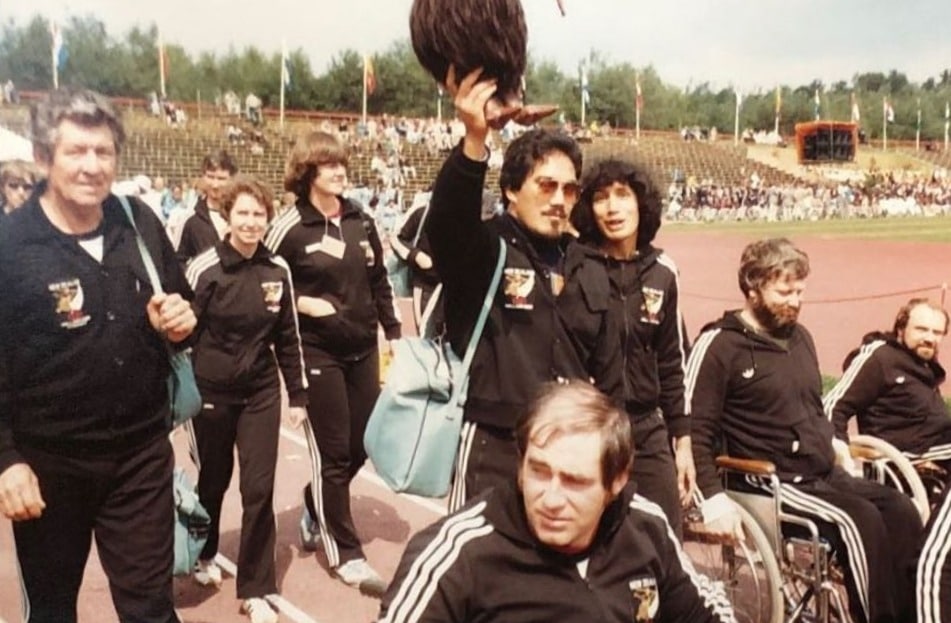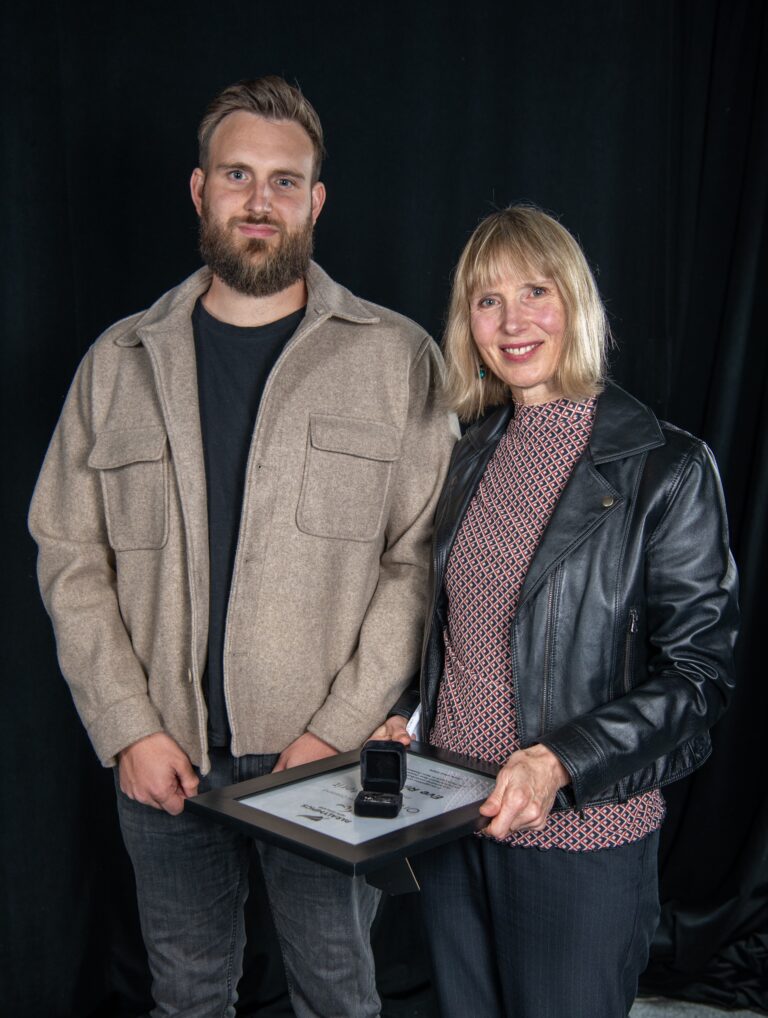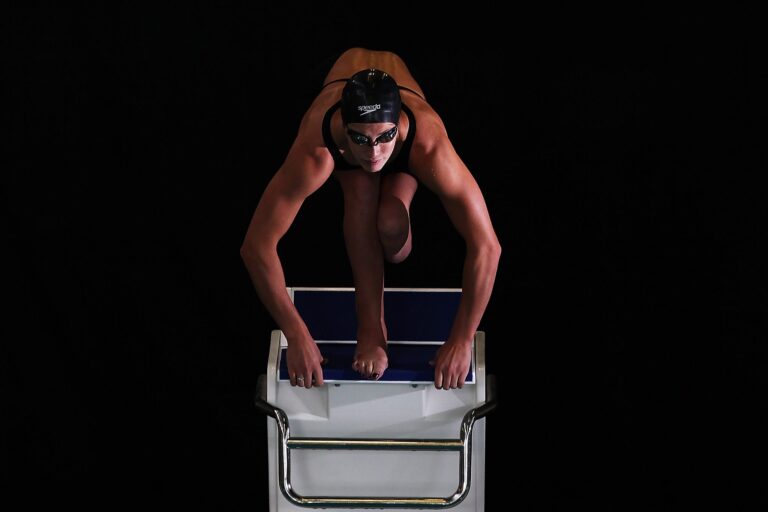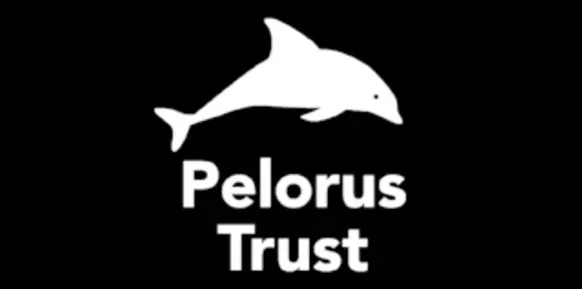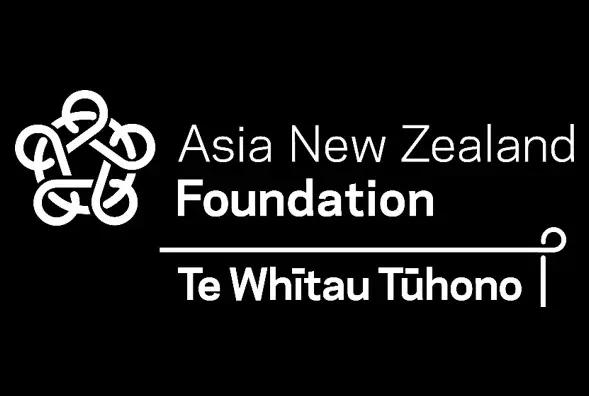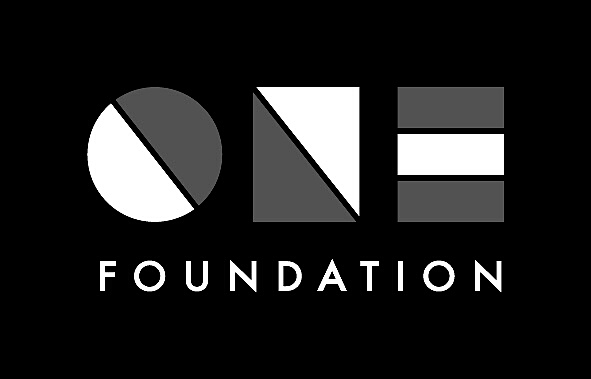A few years ago when Tewai Skipwith-Halatau went to hear fellow visually impaired Paralympian Mary Fisher speak, she couldn’t believe how much medals had changed.
“Mine’s just like a large coin,“ laughs Halatau, of the medal she won at the Arnhem 1980 Paralympic Games. “Mary’s even has tactile sounds — it’s amazing.“
Fisher won four medals in the London 2012 Paralympic Games, 32 years after Halatau, as a young woman, claimed a ground breaking bronze medal in the discus. Arnhem 1980 Paralympics was Halatau’s first great adventure in what would become a very busy life.
Hailing from a large Rotorua whanau of Tūhourangi and Te Arawa lineage, the journey started as a child attending South Auckland’s Homai College which provided specialist education for blind students. Halatau — née Skipwith — had been without sight since early childhood after the rare genetic disorder (retinoblastoma) necessitated eye surgery.
“I’ve grown up so used to total vision loss that I can hardly remember the transition in my own life,“ she says. “I can remember being in the hospital going for the eye operations, but that’s it. I don’t really remember what vision is like. You just get on with life — and at Homai I used to really look forward to Friday afternoons when our fantastic Phys Ed teacher taught us all sorts of sports and activities for a couple of hours each week.
“She would make up all sorts of games using bell balls, and we did everything from ride on bicycles, stilt walking, and roller skating to gymnastics — I was taught how to use the parallel bars and the vaulting horse, everything. I loved the trampoline! She fostered a chance to try things and what I always really loved about it was the social activity of the games. So I became involved in competing in blind sports which was run by Parafed at that time.“
In her early 20s, her selection to the New Zealand Paralympic Team took her overseas to proudly represent her country (alongside husband and Paralympian #34 Latoa Halatau: the pair had met at school and Latoa also competed for New Zealand in Para athletics). Although Tewai had already travelled to Australia by then, it was her first long-haul adventure “and what a way to do it, flying as a team“, she says.
“We became really good friends with the other athletes and went to each other’s events. It was so exciting getting my team uniform, and once over there, we met Sir Paul Holmes.”
“He was working in the Netherlands at that time. [As a young Kiwi journalist working for the Dutch World Service, he had been hired to narrate highlights packages of the Arnhem 1980 Paralympic Games and would later present two documentaries on Kiwi Paralympians]. He came officially to meet the New Zealand Paralympic Team and would sit around in the dorm and chat. Through the years at other functions, we would catch up again from time to time and he was always a great supporter and friend of Paralympic sport. It’s the people you meet, that is what’s special about sport.“
Despite winning a medal at her Paralympic debut, Halatau says her career was short-lived because she didn’t have an overwhelming desire to keep training. “For me, it was about fun. I really liked the sprint and the discus, and I would do the long jump, the high jump, the javelin as well. In Arnhem, I discovered a lot of other countries’ athletes would specialise in one event whereas we just used to do everything, so it was a big surprise when I was leading the discus heading into the final round. I got overtaken by those last throwers, but I was just really excited to get anywhere!“
The bronze medal has lived in her top dresser drawer ever since, and it’s only on rare occasions — like when she showed it to Fisher — that she takes it out.
But the great memories live on, and she pays tribute to teachers, assistants and coaches who instilled the confidence and skills to compete in track and field at the Paralympics.
“I came back from Arnhem thinking I would have a break, and it just turned into a very long break,“ she chuckles. “I headed to Auckland University to study law, then heard about a new social work diploma that was starting up in Epsom and switched to the first intake for that two-year course, as social work really interested me.”
“Later in 1998 I did my Executive MBA through Waikato. Basically, my life went in other directions after Arnhem — I was never a hardened athlete, driven by sporting goals. I try and keep up walking for general fitness, but I haven’t been involved in sport at all since those Paralympic days. My husband and I, however, recognize the value of sport in maintaining a person’s mental and physical wellbeing and, after returning from the Paralympics, founded the gym and recreation programme at the Parnell campus of Blind Low Vision New Zealand.“
In 1998, Halatau and her husband established Vision Pacific, a charitable trust covering the Greater Auckland area, and for the past 30 years Tewai has been a leader in disability development in the Pacific region and was a founding member of the Pacific Disability Forum — utilising the same confidence and networking skills with diverse cultures that she developed on her Paralympic adventure.
“We have a Ministry of Health contract to provide a service that helps disabled clients live an independent life,“ she explains. “We develop a plan with clients and help them to manage their own money, find work, find a flat, connect to their community and take part in social activities, so that they can make their own choices and lead the life they want to live.“
In 2015, Latoa was made a Member of the New Zealand Order of Merit for his service to the blind and Pacific communities, and Tewai loves helping others reach their own goals.
“It’s really rewarding work, I wouldn’t trade it for anything!“
Know more about the Arnhem 1980 Paralympic Games here on this link.
Story created by Storyation in partnership with Paralympics New Zealand.

